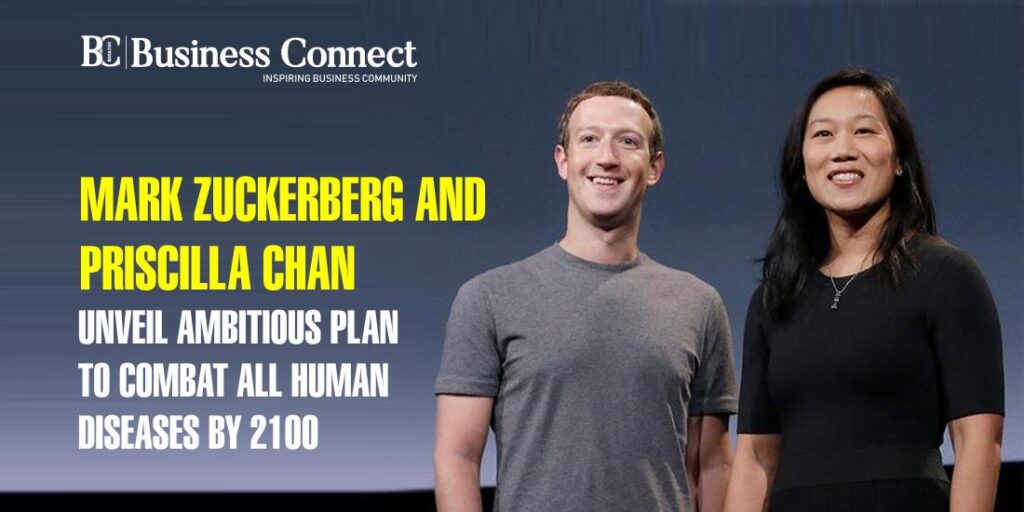
Mark Zuckerberg and Priscilla Chan with their Chan Zuckerberg Initiative (CZI) have recently shared that they aim to eliminate all world diseases by the upcoming year of 2100. They have recently shared that the initiative is now focused on developing a computing system that is powerful enough for the researchers to utilize. This computing system will work alongside AI (Artificial Intelligence) to collect all the data on diseased cells and then predict how they will behave in a healthy environment or human body.
Mark Zuckerberg, the CEO and founder of Meta along with his wife Priscilla Chan shared this exciting news and their claim that with the help of this computing system, they will be able to eliminate all kinds of diseases by the year 2100.
CZI or the Chan Zuckerberg Initiative have taken an objective to set up a thorough cell database that will help research along the way of harnessing AI to first analyze and then predict the behavior of the cell when they are affected by diseases. Zuckerberg and Chan both claim that this database would play a major role in advancing medical applications and scientific research. Explaining the entire situation, CZI has also uploaded an article on its website which described this initiative and division to be “one of the most powerful high-performance computing systems for nonprofit life science research in the world.”
The CZI website also features Zukerberg’s comment on this which states, “AI is creating new opportunities in biomedicine, and building a high-performance computing cluster dedicated to life science research will accelerate progress on important scientific questions about how our cells work.” The online tool that Zuckerberg and Chan have envisioned will have to go under extreme training using both generic and cellular data, much like ChatGPT. If established successfully, this AI model will be able to predict diseases along with potential treatment and medication. This will be done by performing simulating experiments on a virtual cell, without relying on actual human cells, which will then provide potential outcomes.
Priscilla Chan has also explained her and her husband’s vision in a video that is now up on the organization’s website. She said, “AI models could predict how an immune cell responds to an infection, what occurs at the cellular level when a child is born with a rare disease, or even how a patient’s body will react to a new medication.” One of the press releases that are available on the website states “These predictive models will be trained on datasets such as those integrated into the Chan Zuckerberg CELL by GENE (CZ CELLxGENE) software tool, which comprises the largest collection of standardized single-cell datasets, featuring over 50 million cells. Additional data sources include resources generated by CZ Science research institutes. Furthermore, large imaging datasets from the Chan Zuckerberg Institute for Advanced Biological Imaging (CZ Imaging Institute) will be included, as well as publicly available datasets.”
The AI model that will be used in this process works on predictive interpretation that will attempt to forecast the next thing. This is the analogy that will be used to predict how a cell will respond to rare diseases and infections.








